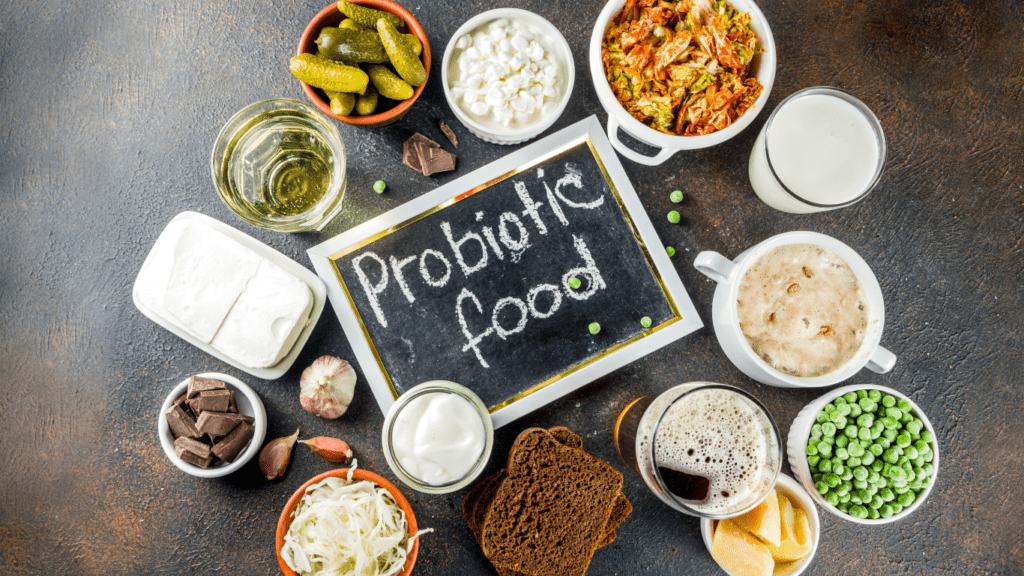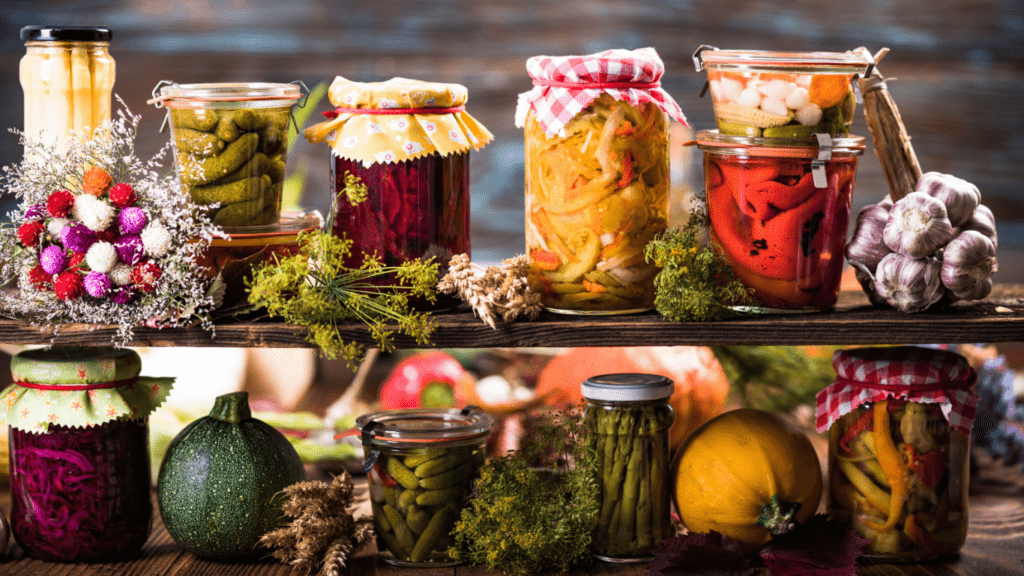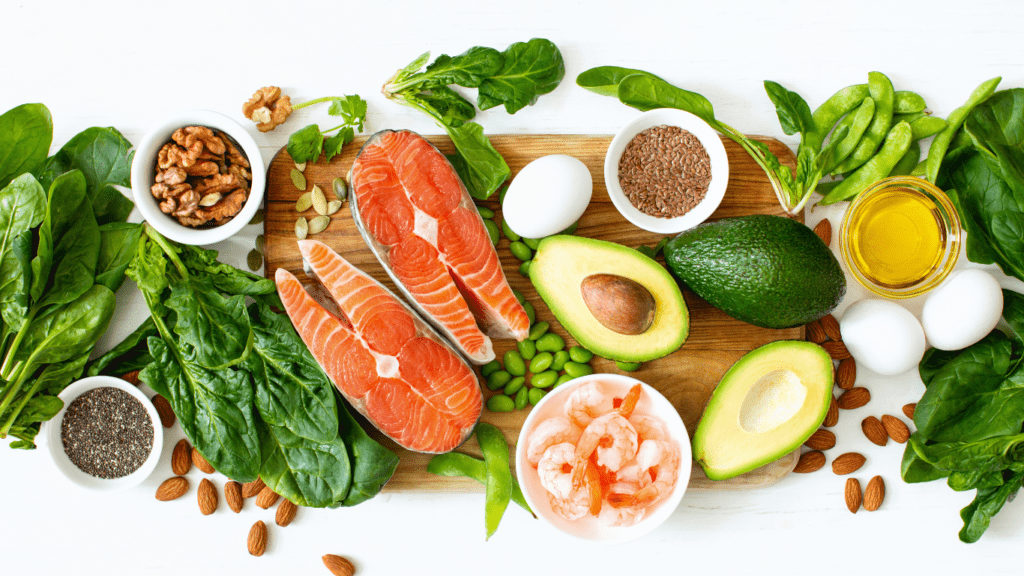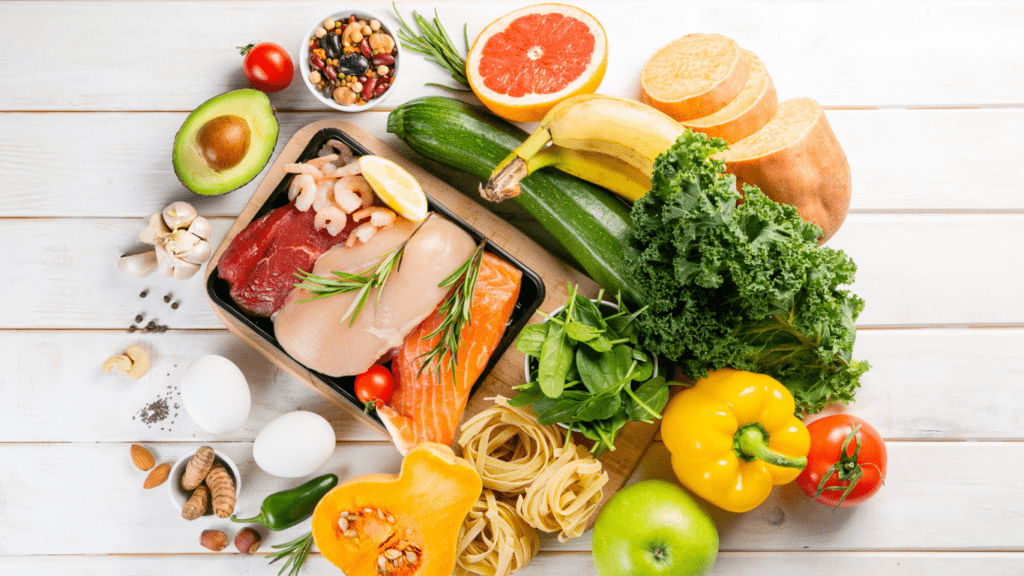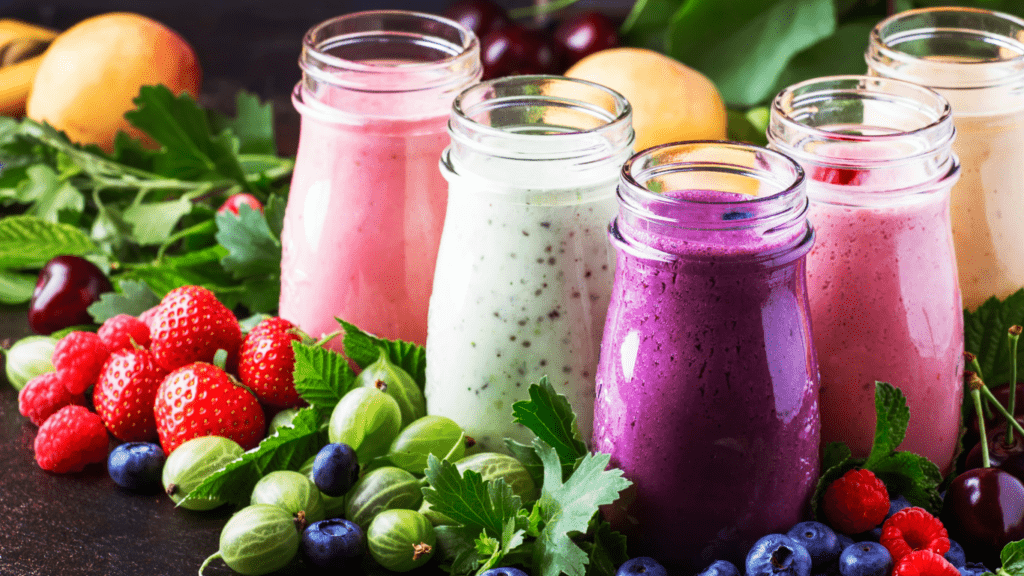When it comes to wellness, gut health is stealing the spotlight, and for good reason. A healthy gut doesn’t just aid digestion; it’s the key to better energy, clearer skin, and even a stronger immune system. With 2025 wellness trends leaning heavily into holistic approaches, it’s time to rethink how we nourish this vital part of our body.
Why Gut Health Matters in 2025
Gut health directly influences critical functions like digestion, immunity, and mental wellness. In 2025, personalized nutrition continues to take center stage, underscoring the gut’s impact on whole-body health. Studies from sources like the National Institute of Health reveal that an imbalanced gut microbiome can lead to issues like chronic inflammation, weight gain, and even mood disorders.
Advancements in microbiome research show the gut-brain connection is stronger than ever. For instance, gut-produced metabolites such as serotonin play a role in mental clarity and emotional stability. Supporting gut health could, therefore, enhance cognitive performance and mitigate anxiety symptoms.
Modern diets often lack the diversity needed to sustain a resilient gut microbiome. Fiber-rich foods like beans and whole grains, along with fermented products such as kefir and kimchi, act as key prebiotic and probiotic sources. Incorporating such foods optimizes nutrient absorption and strengthens the immune system.
Environmental factors like stress and antibiotic overuse also disrupt gut balance. By focusing on holistic approaches like stress reduction techniques and mindful eating, it’s possible to align gut health with overall wellness goals for 2025.
Key Nutrition Hacks for Gut Health
Supporting gut health involves integrating specific nutrition strategies into daily meals. I focus on essential elements like:
- probiotics
- prebiotics
- fermented foods
- fiber
to promote a thriving gut microbiome.
Probiotic-Packed Foods
Including probiotic-rich options boosts the population of beneficial gut bacteria. I prioritize foods like yogurt containing live cultures, kefir, and miso to introduce diverse strains of Lactobacillus and Bifidobacterium species. These support digestion and immunity by restoring microbiome balance after stress or antibiotic use.
Prebiotics for a Balanced Microbiome
Prebiotics act as fuel for probiotics, enhancing gut environment diversity. I incorporate high-prebiotic foods, such as garlic, onions, bananas, and asparagus, to stimulate beneficial bacterial growth. Resistant starches from cooked, cooled potatoes or oats bolster this effect.
The Role of Fermented Foods
Fermented foods provide enzymes and live microorganisms that enhance gut health. I often include kimchi, sauerkraut, and tempeh in my meals to deliver natural probiotics while improving digestion and nutrient bioavailability. Fermentation increases gut resilience by aiding microbial variety.
Importance of Fiber-Rich Diets
A fiber-rich diet stabilizes digestion and feeds beneficial gut bacteria. I aim for at least 25-38 grams daily from sources like legumes, whole grains, fruits, and vegetables. This dietary fiber improves stool consistency, reduces inflammation, and promotes long-term gut health.
Emerging Trends in Gut Health for 2025

Gut health advancements in 2025 focus on personalized approaches, improved diagnostics, and deeper insights into the gut-brain connection. These trends integrate scientific breakthroughs with practical solutions for better wellness.
Personalized Nutrition Plans
Tailoring diets based on individual microbiome profiles is becoming standard. Microbiome analysis enables customizing meal plans to enhance gut bacteria diversity. For example, some individuals benefit from resistant starches like green bananas, while others may improve gut health through targeted prebiotics or fermented vegetables. Algorithms now recommend specific foods to optimize nutrition while minimizing inflammation risks.
Gut-Brain Axis Insights
Research continues to reveal the gut-brain axis’s role in mental wellness. Scientists link neurotransmitter production, like serotonin and dopamine, to gut microbiota function. This connection influences mood, sleep, and stress resilience. In 2025, formulations combining probiotics and psychobiotics aim to regulate neurochemical pathways. Mindful eating practices, such as chewing thoroughly and managing mealtime stress, complement these advancements.
Advances in Microbiome Testing
Microbiome testing now goes beyond general bacteria counts. Advanced tools sequence DNA to identify strains linked to chronic illnesses, obesity, or food sensitivities. Testing services deliver actionable insights, such as dietary adjustments to bolster beneficial bacteria. These tests facilitate preventative measures and provide real-time feedback on how diet or lifestyle changes impact the gut microbiome.
Foods to Avoid for Optimal Gut Health
Identifying and limiting specific foods supports a balanced gut microbiome and prevents disruptions. Certain items can harm beneficial bacteria and promote inflammation, leading to digestive discomfort and reduced immunity.
1. Processed Foods
Processed foods, including packaged snacks and sugary cereals, often contain additives like emulsifiers and artificial sweeteners, which disrupt the gut lining and reduce microbial diversity.
2. Refined Sugars
High-sugar foods, such as candy, soda, and baked goods, encourage the overgrowth of harmful bacteria and yeast, creating an imbalance that affects digestion and metabolism.
3. Artificial Sweeteners
Sugar substitutes like aspartame and sucralose negatively impact gut bacteria composition, with studies linking them to reduced microbial diversity over time.
4. Fried Foods
Fried items, such as fries and chips, are heavy in trans fats, which can hinder digestion and contribute to inflammation in the gut lining.
5. Red and Processed Meats
Excessive consumption of red meats like beef or processed options like sausages produces toxic byproducts during digestion that disrupt microbial balance.
6. Alcohol
Alcoholic drinks, particularly in large amounts, reduce beneficial gut bacteria and increase the permeability of the intestinal wall, a condition known as leaky gut.
7. Dairy for Sensitive Individuals
Certain dairy products, such as full-fat milk or cheese, may trigger bloating or discomfort in individuals with lactose intolerance, contributing to microbial imbalance.
8. Gluten for Those Sensitive
For people with gluten sensitivities or celiac disease, foods like bread or pasta containing gluten can cause gut inflammation and damage the intestinal lining.
Avoiding these foods while focusing on nutrient-rich, gut-friendly alternatives ensures long-term gut health and supports overall wellness.
